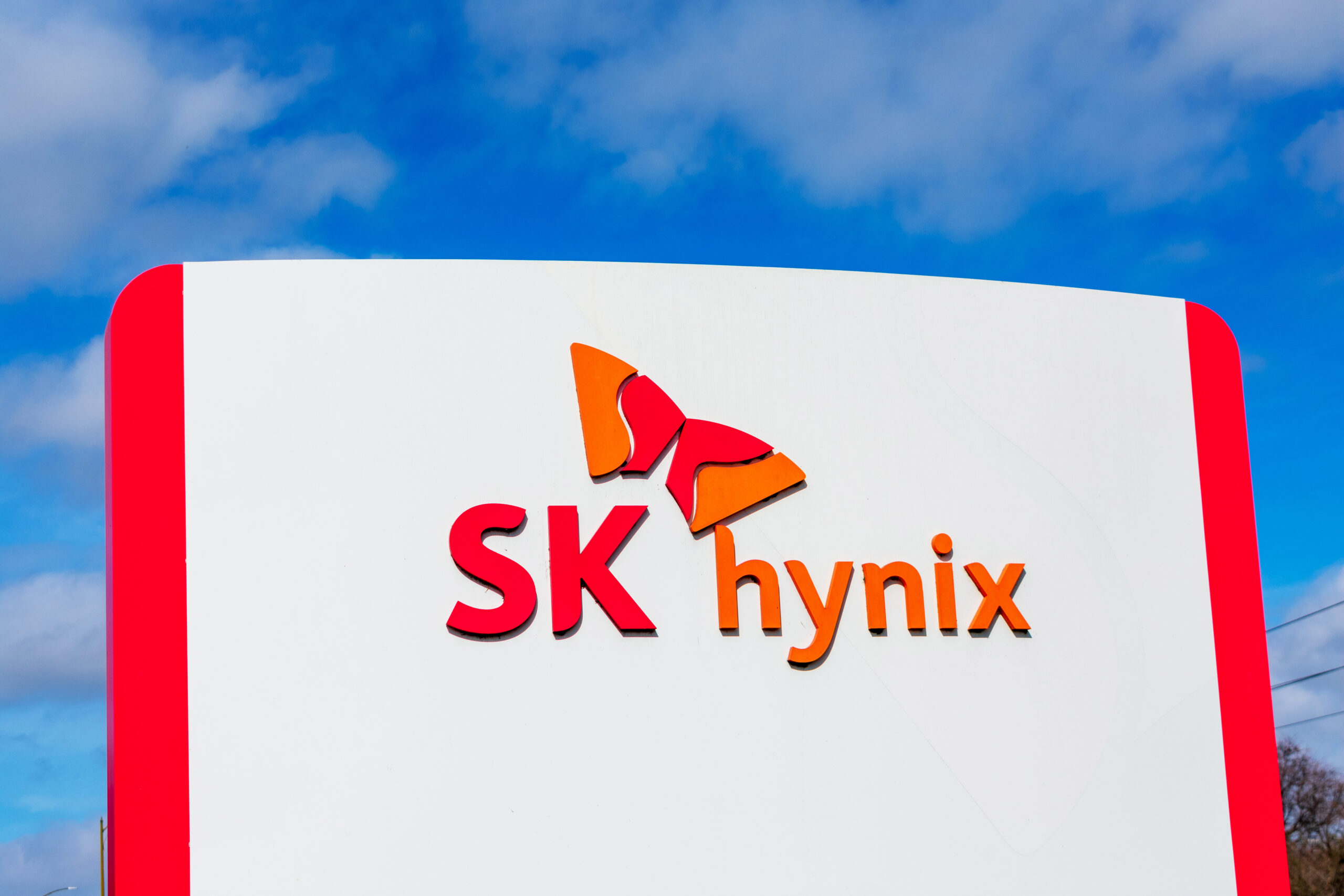Ethereum Can Be A Commodity And A Security: Ex-CFTC Executive

A former commissioner of the Commodities Futures Trade Commission CFTC, Dan Berkovitz, recently stated his views on the status of the Ethereum token. He argued that Ethereum could either be classified as both a Security and a Commodity as it fits under both the SEC and CFTC regulations.
Commissioner Dan recently stirred a mixed reaction in the crypto community as he shared his opinion on the financial classification of the Ethereum Token. According to him, ETH is equally a commodity as much as security.
While speaking in a recent podcast anchored by Laura Shin, Dan claimed that it is legal to classify the second largest crypto asset, Ethereum, under the jurisdiction of both SEC and CFTC. Dan Berkovitz was also an ex-general counsel for SEC.
The legal status of Ethereum is a big topic that financial experts, politicians, and other entities still debate today. Both the SEC (Securities and Exchange Commission) and the CFTC have been striving for months to gain oversight over Ethereum and other cryptocurrencies, according to reports.
Berkovitz Said SEC and CFTC Regulations Are Overlapping
Meanwhile, none of the two financial regulators have been able to provide worthy evidence to claim or classify the token as theirs legally. At a recent oversight hearing, Gary Gensler, SEC Chairman, argued that all cryptos apart from Bitcoin should be considered Securities. He, however, refused to give further explanation of his opinion.
The opinion of Dan Berkovitz on the legal status of Ether raised many eyebrows as crypto speculators have conflicting views. However, Dan claimed that both Securities and commodities have overlapping legal descriptions, which makes it challenging to distinguish assets from both.
According to the ex-commissioner, the laws of the two agencies gave room for a particular entity to be classified as both commodity and security simultaneously. He explained that the issue stemmed from commodities being not mainly physical products but anything considered a futures contract.
This explains the presence of futures in the name of the CFTC. Furthermore, Dan stated that security, as defined by the US Financial Acts, can be notes or investment contracts, including futures contracts. These definitions allow the two regulators to lay claims on future contracts.
Sullivan & Cromwell Executive Disagree With the SEC
In addition, the main regulatory scope of the CFTC is focused on futures and commodities swaps, while the SEC targets regulating securities. Nonetheless, it is legally possible for SEC to see a particular entity as security while CFTC considers the same entity as a commodity.
Consequently, the entity would be under the two agencies’ jurisdiction simultaneously. While speaking on the same podcast, an executive at Sullivan & Cromwell, Collin Lloyd, commented on the outright claims made by the SEC that all cryptos except BTC are securities and must be registered.
He argued that no law supports classifying some string of digits operating on blockchain technology as native security. Additionally, Lloyd said he found it weird for someone to be asking if a crypto asset is a security.
In his opinion, the right question to be asked is if a particular crypto asset is being sold in a securities transaction. He said the answer would be subject to the circumstances surrounding its usage, according to the report.
Interestingly, Sullivan & Cromwell is part of the firm hired by Coinbase Exchange to help it scale through its current legal brawl with the SEC. In addition, the firm is also part of the institutes in charge of the ongoing FTX bankruptcy case.
Tokenhell produces content exposure for over 5,000 crypto companies and you can be one of them too! Contact at info@tokenhell.com if you have any questions. Cryptocurrencies are highly volatile, conduct your own research before making any investment decisions. Some of the posts on this website are guest posts or paid posts that are not written by Tokenhell authors (namely Crypto Cable , Sponsored Articles and Press Release content) and the views expressed in these types of posts do not reflect the views of this website. Tokenhell is not responsible for the content, accuracy, quality, advertising, products or any other content or banners (ad space) posted on the site. Read full terms and conditions / disclaimer.




